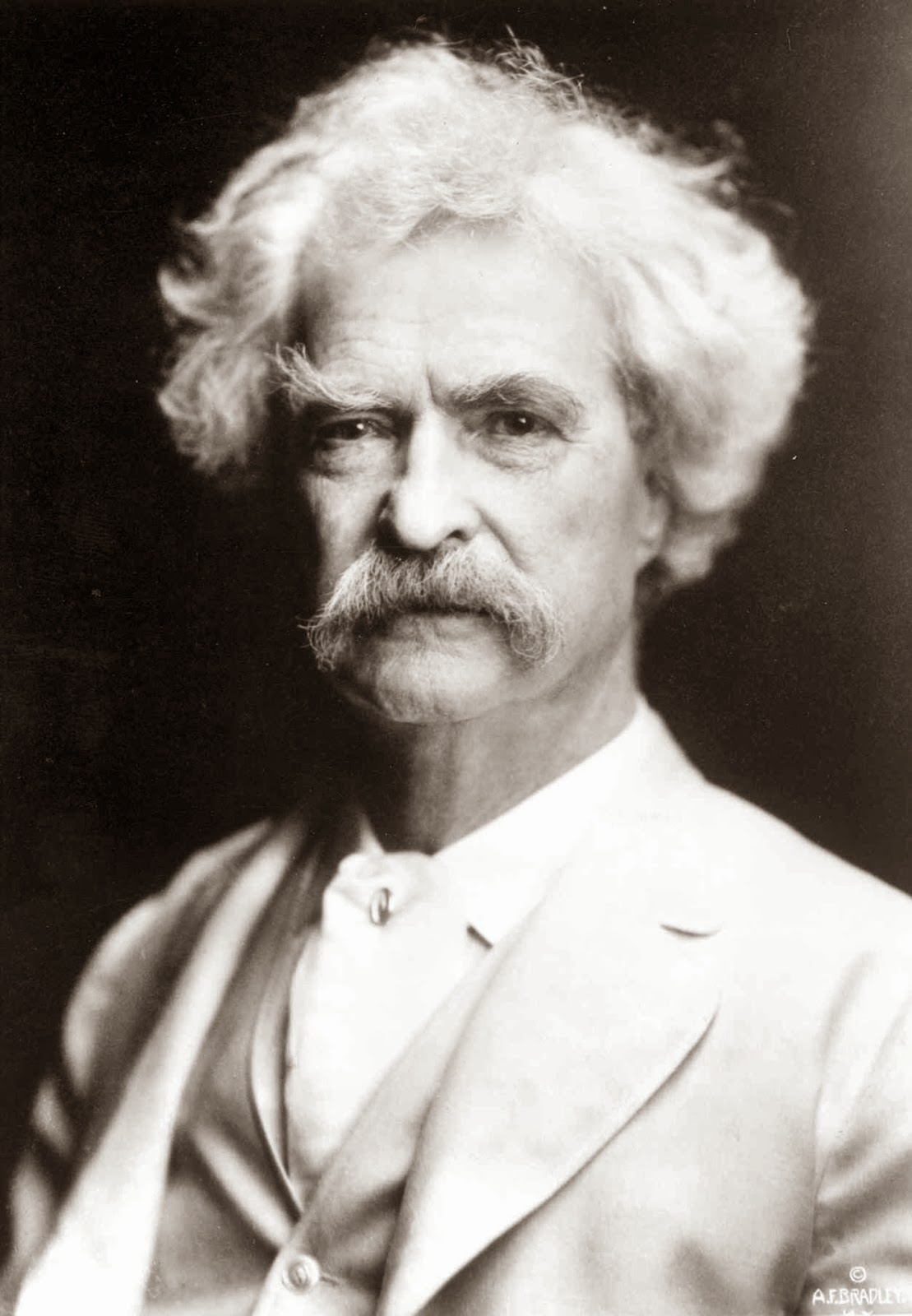Avoid the Hot Stove Effect
The hot-stove effectwas first proffered by humorist Mark Twain. He observed that, “We should be careful to get out of an experience only the wisdom that is in it and stop there lest we be like the cat that sits down on a hot stove lid. She will never sit down on a hot stove lid again and that is well but also she will never sit down on a cold one anymore.”
 |
| Photo Credit: www.marktwainhouse.org |
Throughout life, we should not allow an early-failure or uncomfortable experience to dissuade us from “jumping on the stove” again. We must carefully study and analyze our experiences and put them into proper perspective. For instance, a new technology may be abandoned because our first experience with it was distasteful. Some divorcees feign the thought of marrying again because of the hurt they sustained in a former marriage. Before making a permanent decision, think carefully.
Throughout my career I have been a public speaker and teacher. Two events in my early years might have derailed that aspect of my career; one happened when I was a child and another when I was a teenager.
When I was eight years old I was asked (with no prior notice) to stand in front of my Sunday School class and pray aloud. I froze up; awkward silence ensued; kids giggled; I was embarrassed. The following week, one of my teachers took the time to meet with me; he spoke words of comfort and encouragement, helped me compose a written prayer, practiced with me in the same room where the nightmare took place, and arranged for me to speak the prayer the next Sunday. All went well and I fully recovered from the debacle.
In high school, I was vice president of my senior class. Once, when speaking before the student body, I had planned on using the phrase “hook, line, and sinker,” as in, “he was so naive that he swallowed it hook, line, and sinker” but it came out “sink, line and hooker.” Uh oh. My classmates were unmerciful. Unfortunately, no one helped me process what had happened but fortunately, I thought carefully about the incident and decided that though it was a bad experience, it need not be a life-changing one.
A wonderful way to love others is to recognize when they may be susceptible to the hot-stove effect and take the initiative to talk them through the incident and help put it into perspective. I will be forever grateful for my Sunday School teacher (I cannot remember his name); he might have salvaged my future speaking career.
Take the time to slowly think through your life to discover areas in which you may have overcompensated for a painful or confusing experience. Also, look for times when you can help others negotiate burned paws.




